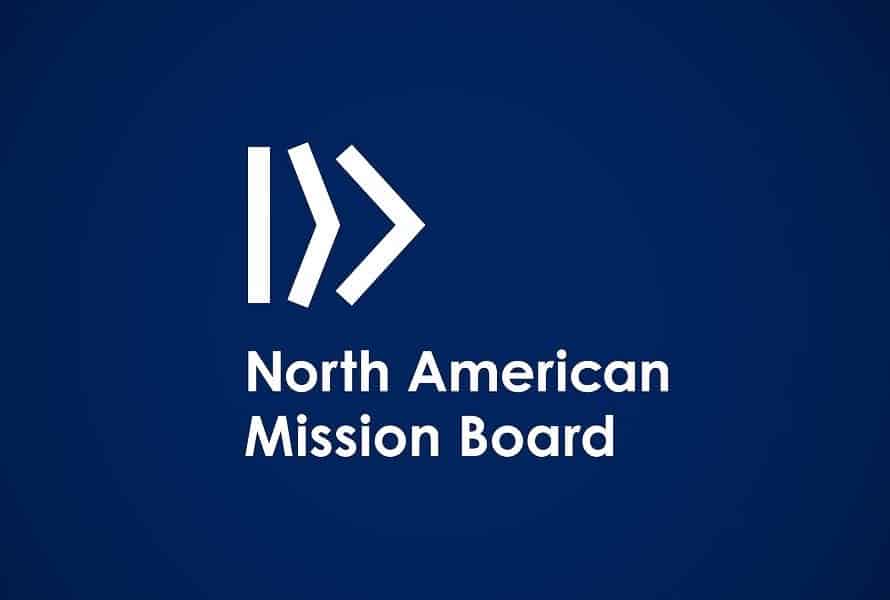DALLAS (BP) – “We are here for you,” Kevin Ezell, president of the North American Mission Board, said in opening his presentation to messengers at the Southern Baptist Convention. “We are grateful for you. We are eager to partner with you to push back lostness in North America.”
NAMB celebrated the work of missionaries and shared new mission opportunities at the SBC annual meeting in Dallas on Tuesday afternoon (June 12). Ezell provided updates about collegiate church planting and a new resource NAMB has created to help churches foster racial reconciliation in their communities, then closed by speaking about military chaplaincy.
“We are about sharing the hope of the Gospel, sharing that hope of blessed assurance,” Ezell said of NAMB’s mission to equip churches to share their faith. “You are helping to send the hope of the Gospel to North America.”
The presentation opened with a celebration of the work God has been doing in Toronto by tracing the roots of a 2013 church plant back to Collierville, Tenn., just outside of Memphis. First Baptist Collierville sent Matt Hess to Toronto as a church planting missionary, and Hess partnered with a core team to plant Fellowship Pickering.
A few years later, Fellowship Pickering would plant Fellowship Church Rogue Park, sending out Kesavan Balasingham as the lead church planter. After sharing a video telling Balasingham’s story of coming to faith, Ezell transitioned to discuss collegiate church planting.
Ezell invited Tom Nesbitt, retired pastor of Grand Avenue Baptist Church in Ames, Iowa, and Jack Owens, a member of a collegiate church planting team in Lawrence, Kan., to the stage to discuss the recent boom of new churches in college communities.
Ezell described college campuses as one of the most underserved areas of the nation. Enrollment has increased by 5 million since 2000, and NAMB has started emphasizing 403 of the largest campuses where 70 percent of the 22 million college students are enrolled in the United States and Canada.
“The fact is the Gospel is for everyone…. We can’t just reach people who look like us or who talk like us,” Ezell said in transitioning to the discussion on race. “Racial reconciliation is a missional issue. We have been called, and we must reach the people within the shadow of our own steeple.”

